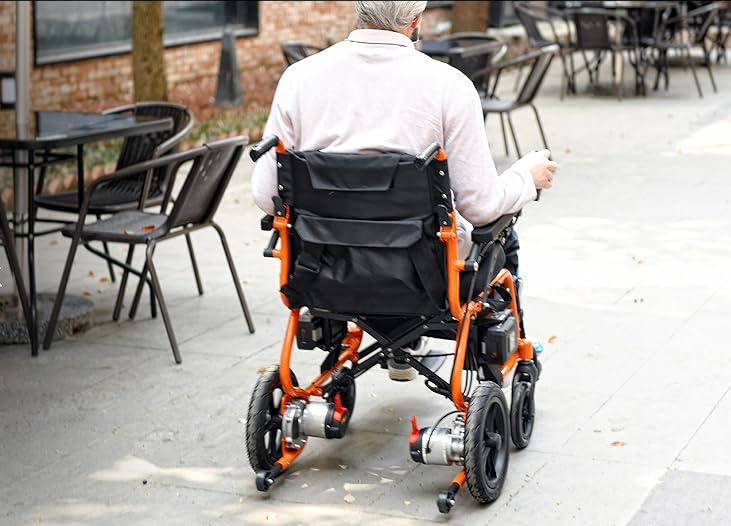
Have you ever thought about using a wheelchair or a mobility scooter every day? Choosing the right one can change how you get around and do things. It can also help you enjoy time with your family. You want to feel comfortable and free, but you need something that works for your home and daily life. The mobility scooter market was worth $3.0 billion in 2023. It is growing quickly, so more people want smart ways to move. This guide will show you how wheelchairs and mobility scooters are different. You will also get easy tips to help you pick what is best for you.
Wheelchairs and Mobility Scooters Overview
What Are Wheelchairs?
You can see wheelchairs in many places, like hospitals and parks. Wheelchairs help people move when walking is hard or not possible. There are different types of wheelchairs. Some are manual, so you push them yourself. Others are electric and use a battery and joystick. Some wheelchairs are light and easy to fold. Others are strong for outdoor use. Sports wheelchairs are made for racing or basketball. New wheelchairs have smart features. These features help you avoid things and change your speed. You can choose a wheelchair that fits what you need. Some are simple, and some are high-tech.
Manual Wheelchairs
Standard Wheelchairs
Lightweight Wheelchairs
Rigid Ultra-lightweight Wheelchairs
Reclining Back Wheelchairs
Sports Wheelchairs
Power Wheelchairs
Folding Power Wheelchairs
What Are Mobility Scooters?
Mobility scooters look like small carts with seats. You drive them with handlebars, and they use batteries. Scooters are good for longer trips or going outside often. You can pick three-wheel scooters for tight spaces. Four-wheel scooters are steadier on rough ground. Some scooters have seats you can adjust and better suspension. This makes the ride smoother. Modern scooters may have LED lights and digital screens. Some even check your health. There are small travel scooters for quick trips. Heavy-duty scooters work well outdoors.
Compact Travel Scooters
3-Wheel Travel Scooters
4-Wheel Travel Scooters
All Terrain Scooters
Outdoor Mobility Scooters
Two Person Scooters
Tip: Three-wheel scooters turn easily inside. Four-wheel scooters are better for outside.
Typical Users
People of all ages use wheelchairs and mobility scooters. Most users are adults over 55, but younger people use them too. Both men and women use these devices almost the same. Some people like manual wheelchairs for exercise. Others pick power wheelchairs or scooters for freedom. Scooters are not as common as wheelchairs. But they help many people enjoy being outside.
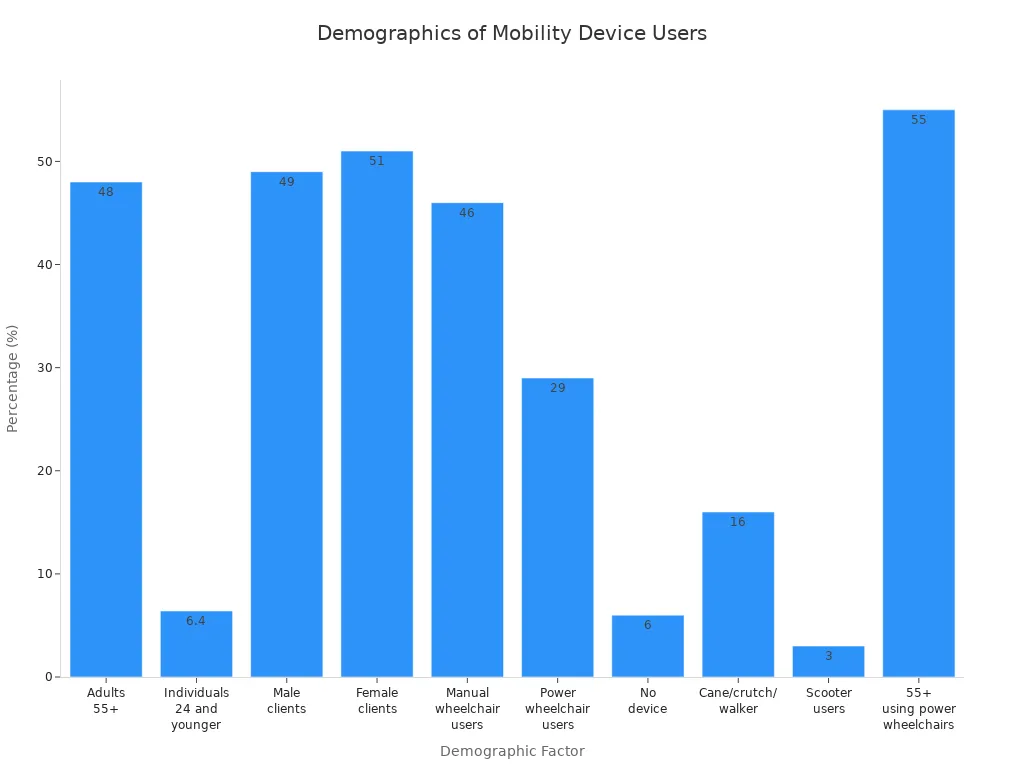
Wheelchairs are more popular. Scooters are getting more attention as technology gets better.
Wheelchairs vs. Mobility Scooters: Key Differences
Physical Requirements
Think about your body strength before picking a device. Some devices need more movement than others. Here is a simple table to compare:
Device Type |
Required Physical Abilities |
|---|---|
Mobility Scooter |
- You need strong arms to hold and steer the handlebars. You must climb onto the base and get off. Sometimes folding armrests help. Good torso control helps you sit up straight and stay balanced. This is important for lightweight models like SuperHandy scooters. |
Electric Wheelchair |
- You only need small movements to use the joystick or pad. This is good if you cannot move much. You might need help charging the wheelchair if plugging it in is hard for you. |
If you have weak arms or trouble balancing, electric wheelchairs are easier. If you like driving with handlebars and have strong upper body control, a mobility scooter like SuperHandy is a good choice.
Maneuverability
You want your device to move easily in small spaces. Electric wheelchairs are compact and turn quickly. You can turn fast in small rooms or crowded places. Mobility scooters are bigger and may not fit well in narrow hallways or busy stores.
Electric wheelchairs work best inside because they turn sharply.
Three-wheel scooters, like some SuperHandy models, can handle small spaces. They still need more room than wheelchairs.
If you live in a small apartment or need to move around tight corners, wheelchairs give you more control.
Indoor and Outdoor Use
Think about where you will use your device most. Some people need help inside their homes. Others want to travel outside. Here is a quick look at how often people use these devices:
Usage Type |
Mean Frequency (SD) |
Difficulty (SD) |
|---|---|---|
Outdoors |
2.9 (1.2) |
1.4 (0.6) |
Indoors |
2.4 (1.1) |
1.4 (0.6) |
Wheelchairs work well inside because they fit through doorways and turn easily. Mobility scooters, especially SuperHandy outdoor models, are made for longer trips outside. You can ride over grass, gravel, or bumpy sidewalks. If you want to visit parks or go shopping, a scooter gives you more freedom outdoors.
Tip: If you need help both inside and outside, pick a device that fits your home and can handle outdoor ground.
Comfort Features
Comfort is important when you use your device every day. Both wheelchairs and mobility scooters have features to keep you comfortable.
Wheelchairs often have seats you can adjust, soft cushions, and easy controls.
Mobility scooters have cushioned seats and backrests, adjustable armrests, and support for posture. SuperHandy scooters have extra padding and seats you can adjust for a smoother ride.
If you sit for a long time, choose a device with good support and soft cushions.
Transport and Storage
Think about how you will move and store your device. Some are easy to fold and carry. Others need special equipment.
Vehicle lifts work well for bigger scooters and can be put on the back of your car.
Ramps are simple and help you load or unload your device.
Travel trailers give you a safe way to move your scooter if you travel a lot.
Smaller scooters, like SuperHandy travel models, can be taken apart to fit in your car.
Wheelchair accessible vehicles work for both wheelchairs and scooters.
If you travel often, pick a device that fits your car or can be taken apart easily.
Maintenance
Taking care of your device helps it last longer and work better. Both wheelchairs and mobility scooters need regular care. Here is a table to show what you should do:
Maintenance Frequency |
Wheelchair Tasks |
Mobility Scooter Tasks |
|---|---|---|
Weekly |
Clean, check tire pressure, check spokes and wheel locks. |
Clean, check tire pressure, check for damage. |
Monthly |
Deep cleaning, wax, check wheel alignment, check bolts. |
Monthly checks of battery and tires. |
Annual |
Professional inspection, needed maintenance, deep cleaning. |
Professional inspection, needed maintenance, deep cleaning. |
Clean your device every week and check the tires. Once a month, look at the battery and tires if you use a scooter. SuperHandy scooters make it easy to check the battery and tires with simple panels. Once a year, get a professional inspection to keep everything working well.
Note: Cleaning and checking your device often helps you avoid problems and keeps you safe.
Lifestyle and Personal Needs

Frequency of Use
How much will you use your mobility device? If you use it every day, pick one that is strong. Daily use means your scooter or wheelchair gets more bumps. Parts can wear out faster if you travel far or go outside a lot. Taking care of your device helps it last longer. Clean it often, check the tires, and charge the battery. If you use it less, it will stay in good shape longer.
Tip: Clean your device and charge the battery often. This can help your device last for years.
Environment and Terrain
Where do you go most days? Your environment matters when you choose a wheelchair or scooter. If you move around inside, small chairs work best. Scooters are better for outside, especially on straight paths. Think about the ground you travel on:
Steep hills need strong motors and good grip.
Rough or sandy paths need tough tires.
Wet or muddy places need stability and control.
Public places usually allow wheelchairs. Scooters are allowed if they follow safety rules. SuperHandy scooters work well outside and on rough ground. They are good for parks or shopping trips.
Independence Level
Do you want to move around by yourself? Mobility scooters help you visit parks, run errands, and join family events. They have comfy seats and easy controls. You feel safe and confident. Scooters help you meet people and enjoy outdoor fun. They are also easier to use than walking aids.
Social Considerations
Your social life can change with the right device. Some people worry about needing help or feeling left out. How people see wheelchairs and scooters can change how you feel in public. Here is a quick look at social factors:
Social Factor |
Description |
|---|---|
Environmental Characteristics |
Caregiver worries, needing help, crime rates, and how easy it is to get around at home. |
Societal Attitudes |
Stigma and what people think can affect joining social activities. |
Personal Factors |
Confidence and mood are important for using your device. |
Picking a device that fits your life helps you stay active and social. SuperHandy scooters make it easier to join friends and family. They help you feel confident and independent.
Financial Comparison
Upfront Costs
Price is important when you buy a mobility device. Wheelchairs and mobility scooters have many types. The cost can be very different. Manual wheelchairs are usually cheaper than electric ones. A basic wheelchair might cost a few hundred dollars. Power wheelchairs and mobility scooters, like SuperHandy, cost more. They have batteries and extra features. Some scooters have seats you can change, screens, and strong motors. These things make the price go up. Travel scooters can be easy to take apart. You can find one that fits your budget.
Tip: Look at features and prices before you buy. Spending more can mean better comfort and longer use.
Insurance Coverage
Insurance can help pay for your device. Medicare pays for most of the cost for seniors who need scooters. You need a doctor’s note to show you need it. Private insurance can help too, but plans are different. Some plans pay if the scooter is needed for health reasons. You must fill out forms and get approval.
Medicare pays most if you qualify.
Private insurance may help, but check your plan.
You need a doctor’s note and paperwork.
Here’s how to get help from insurance:
Check your insurance for approved sellers.
Fill out all the forms.
Find out what you must pay yourself.
Ask a specialist if you have questions.
Ongoing Expenses
You will have regular costs with a wheelchair or scooter. You need to keep your device clean and working well. Power wheelchairs and scooters, like SuperHandy, need new batteries sometimes. You may want to add new features or upgrades. Here is a table of common costs:
Expense Type |
Description |
|---|---|
Servicing and Maintenance |
You pay for check-ups to keep your device safe and working. |
Battery Replacements |
Power devices need new batteries every few years. |
Modifications or Upgrades |
You might spend money to add new features or make it more comfortable. |
Note: Taking care of your device helps you avoid big repair bills. It keeps you moving every day.
Choosing the Right Device
Decision Checklist
You want to make sure your mobility device fits your life. Here’s a checklist to help you decide:
Question |
Why It Matters |
|---|---|
Can you get on and off easily? |
Comfort and safety come first. |
Will it fit in your home? |
Tight spaces need compact designs. |
Do you plan to travel often? |
Portable models like SuperHandy make trips easy. |
Is outdoor use important to you? |
Some scooters handle rough ground better. |
Do you need extra comfort? |
Adjustable seats and cushions help a lot. |
Can you maintain it yourself? |
Simple maintenance saves time and money. |
Does it work with your vehicle? |
Compatibility avoids transport problems. |
Are the controls easy for you? |
You want to feel confident and safe. |
Tip: Try a test drive before you buy. SuperHandy scooters offer easy-to-use controls and adjustable seats, so you can see what feels best.
Professional Consultation
You don’t have to make this choice alone. Experts can help you find the right fit. Here are some professionals who guide you through the process:
Assistive Technology Professionals (ATPs) know how to match devices to your needs. They help with fitting and training, so you feel comfortable using your new device.
Freedom Mobility Solutions gives personal attention and expert advice. You get support from people who understand mobility equipment.
Mobility experts offer reliable advice. They look at your health and safety needs and suggest the best options for you.
Note: Talking to a professional saves you time and helps you avoid mistakes. You get answers to your questions and learn about features you might not notice on your own.
Common Mistakes
Many people rush their decision and end up with problems. You can avoid these mistakes by staying informed. Here are some of the most common errors:
You forget to check if the device fits in your car or home.
You skip the warranty and face big repair bills later.
You don’t test drive the device, so you miss comfort issues.
You ignore maintenance costs, which add up over time.
You buy without learning about all the features and specs.
Other mistakes include:
Picking a product without checking its features.
Getting equipment from another country, which makes repairs harder.
Not asking a professional for advice.
Buying from a garage sale without knowing the device’s history.
Callout: Always do your research and ask questions. Try out devices like SuperHandy scooters before you buy. You’ll feel more confident and avoid surprises.
Wheelchairs and mobility scooters help people in different ways. Mobility scooters, like SuperHandy, can go up to 20 miles. They let most users visit friends and family. Electric wheelchairs work well inside and outside. Think about your daily life before you pick one. Make sure it feels comfortable and fits where you live.
Next steps:
Try out different devices yourself.
Ask yourself which one fits your life best.
The best choice is what works for you. You can always get help if you need it.


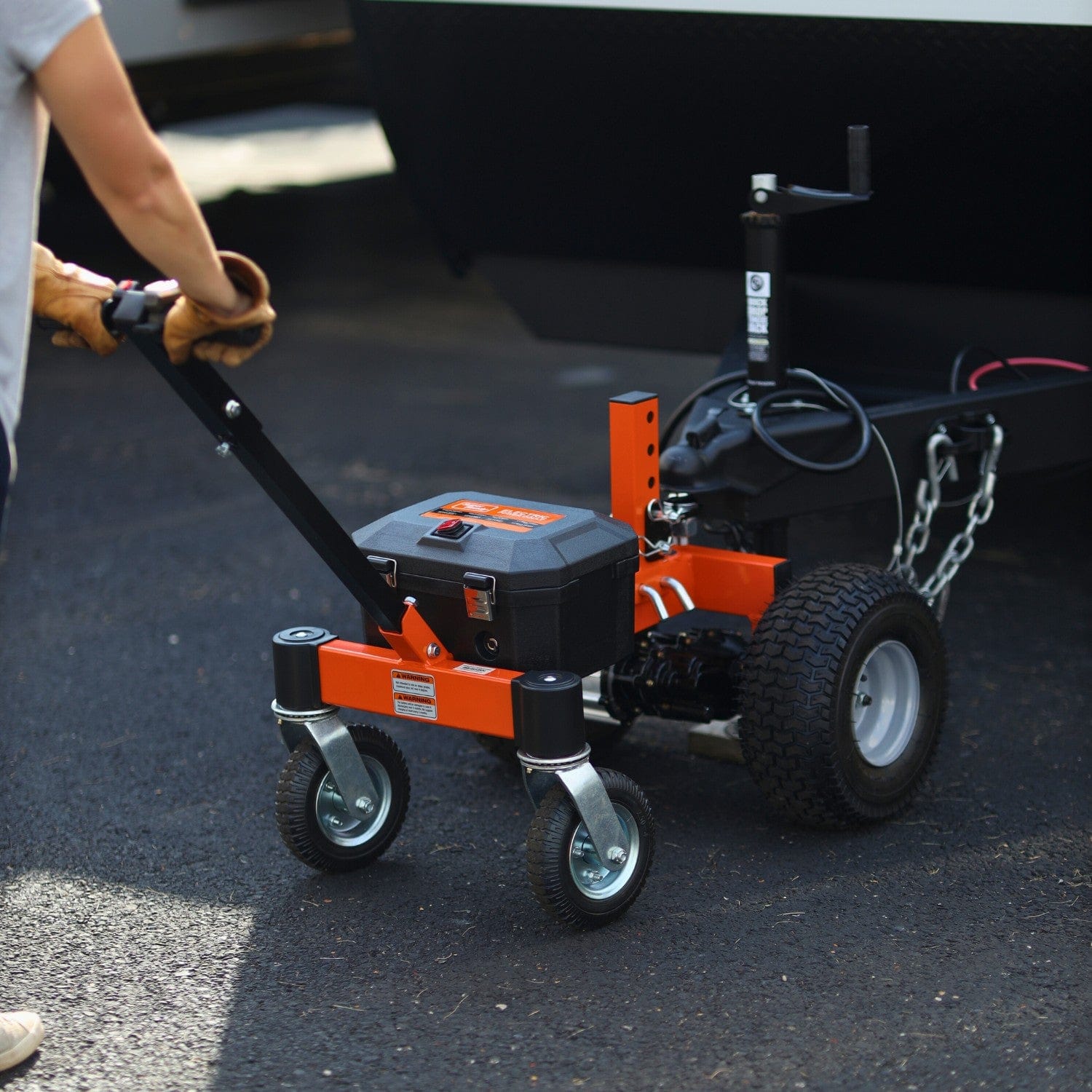
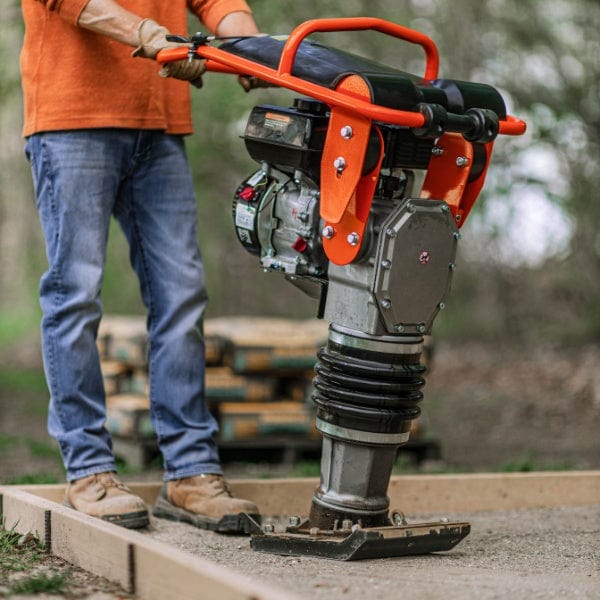
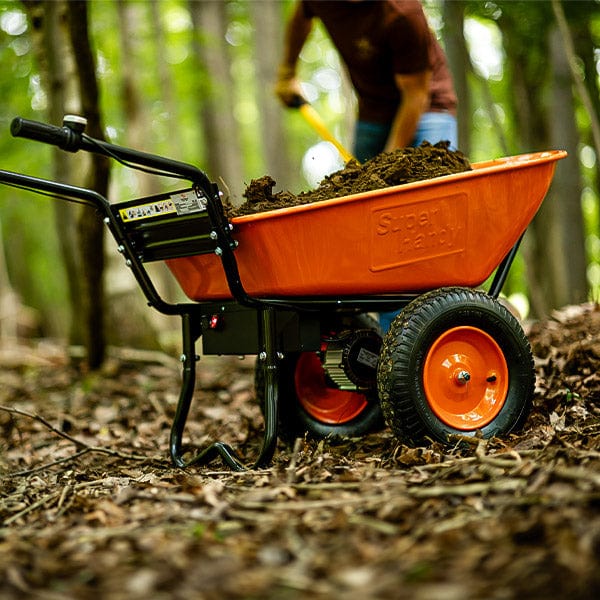
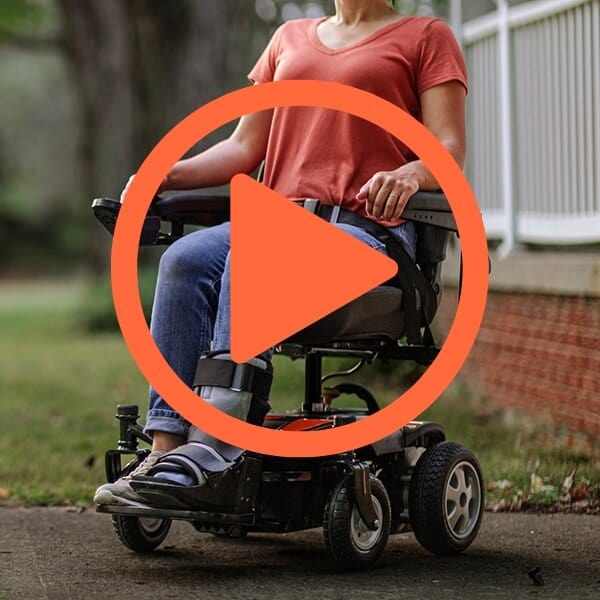

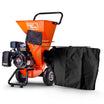
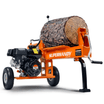
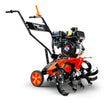
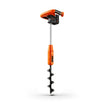
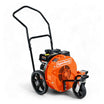
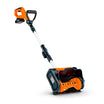
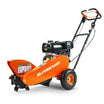
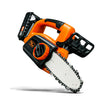
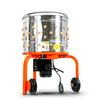
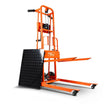
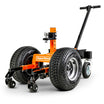
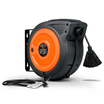
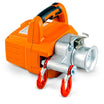
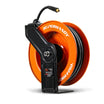
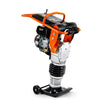
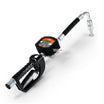
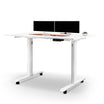
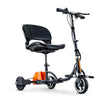
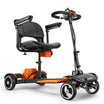
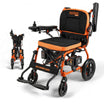


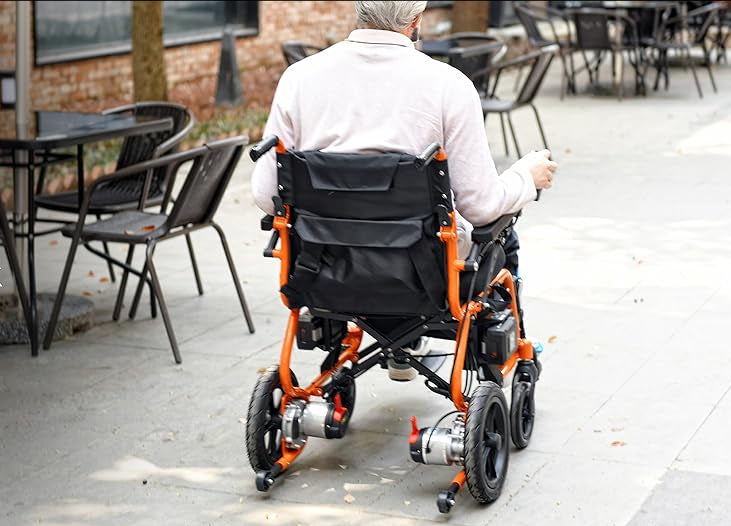
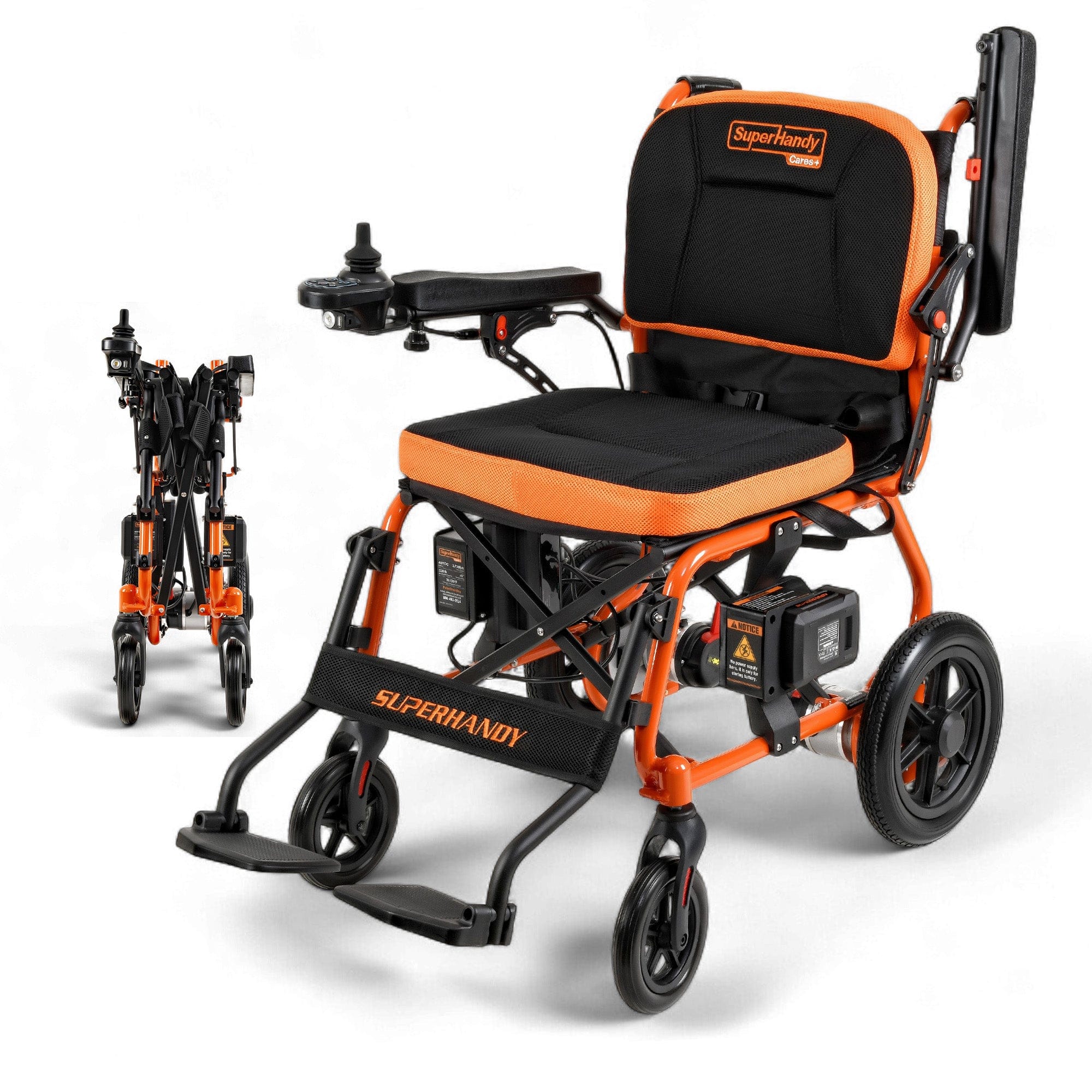
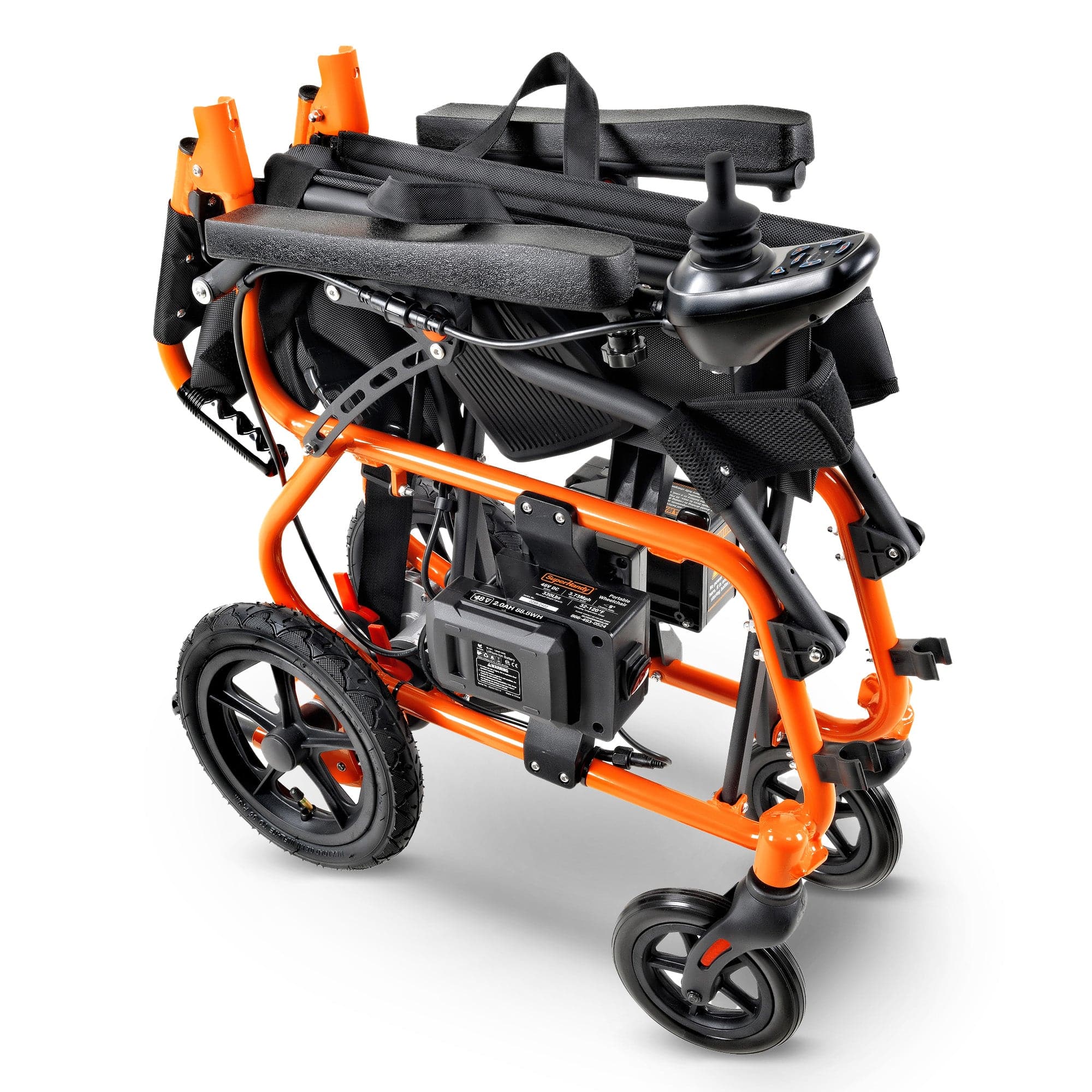

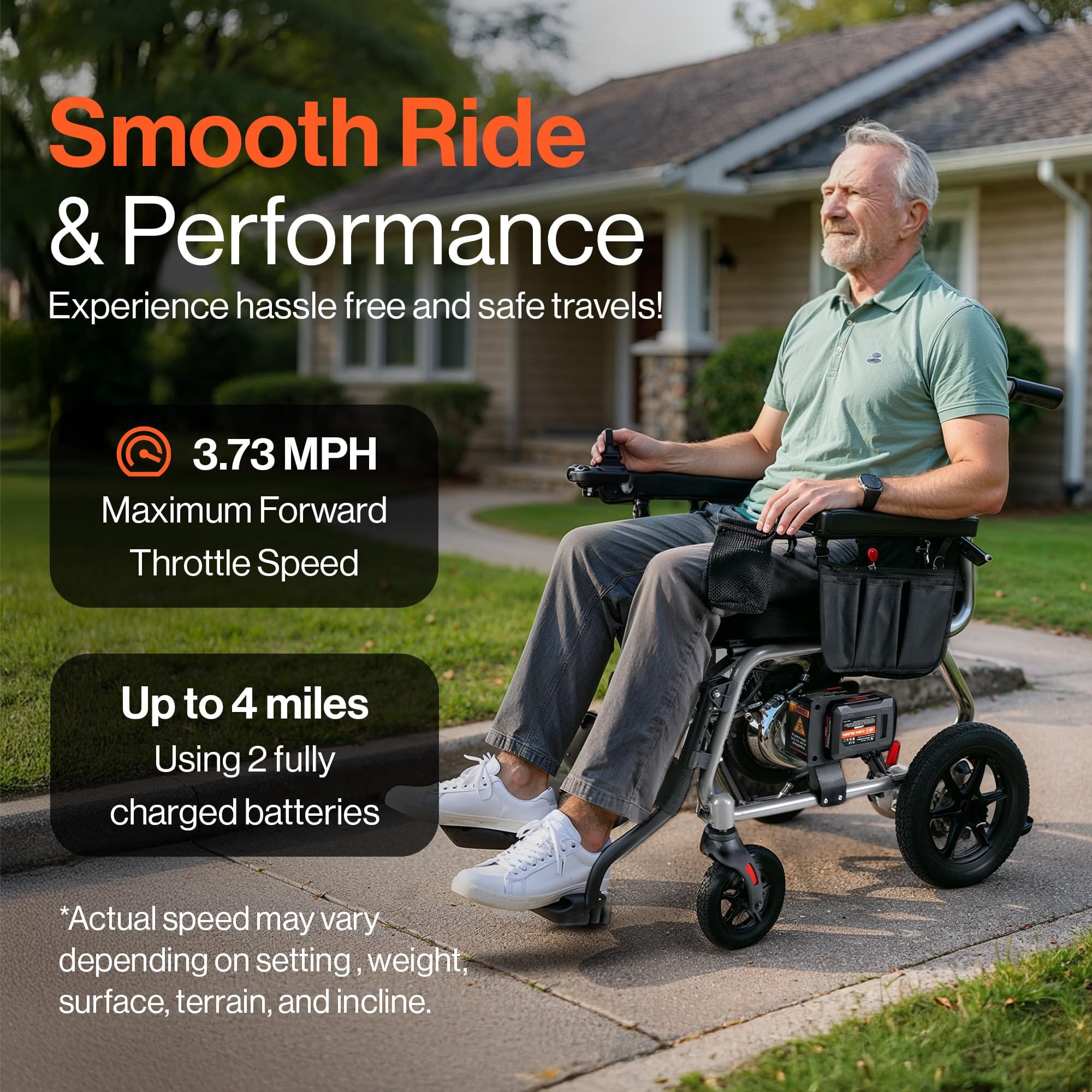
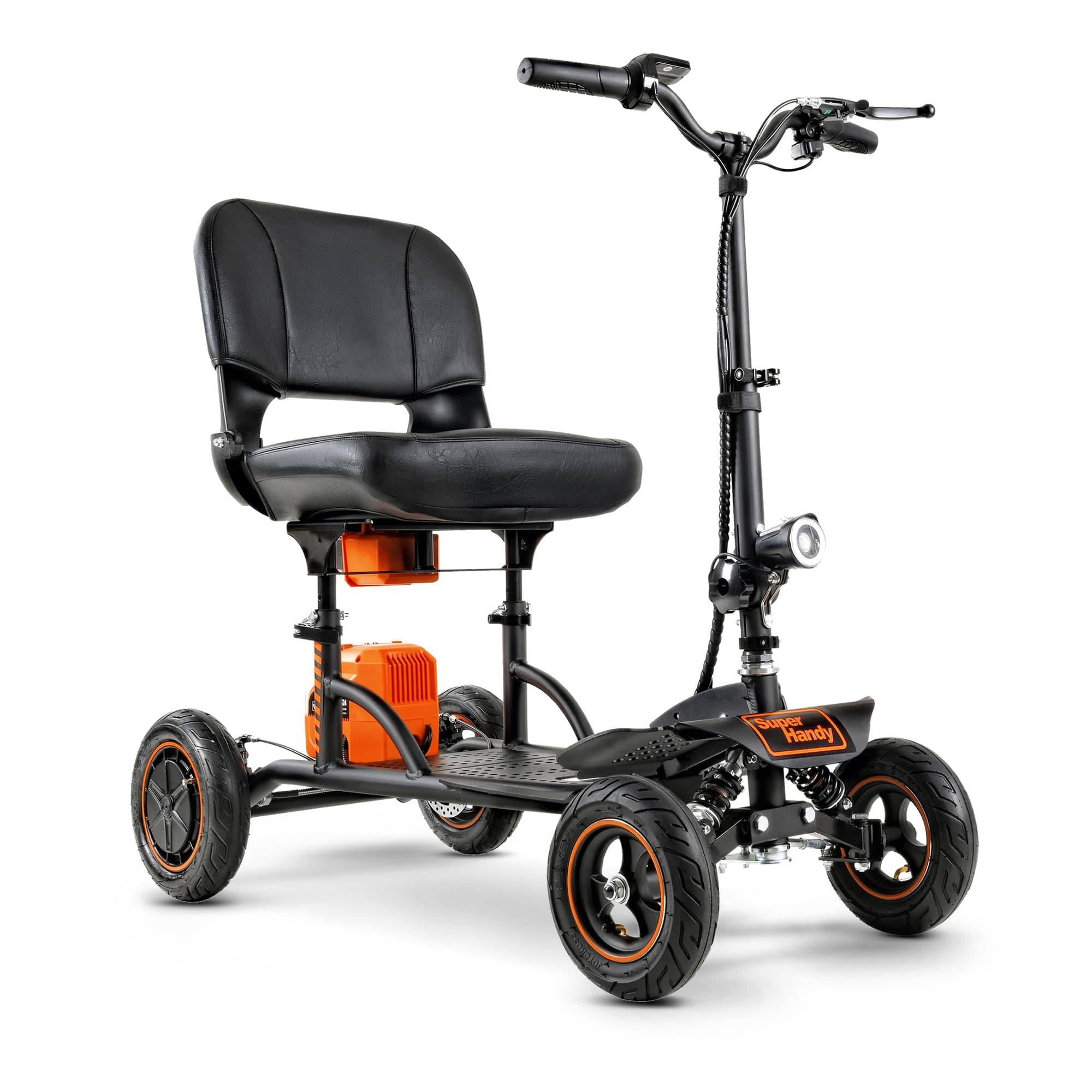
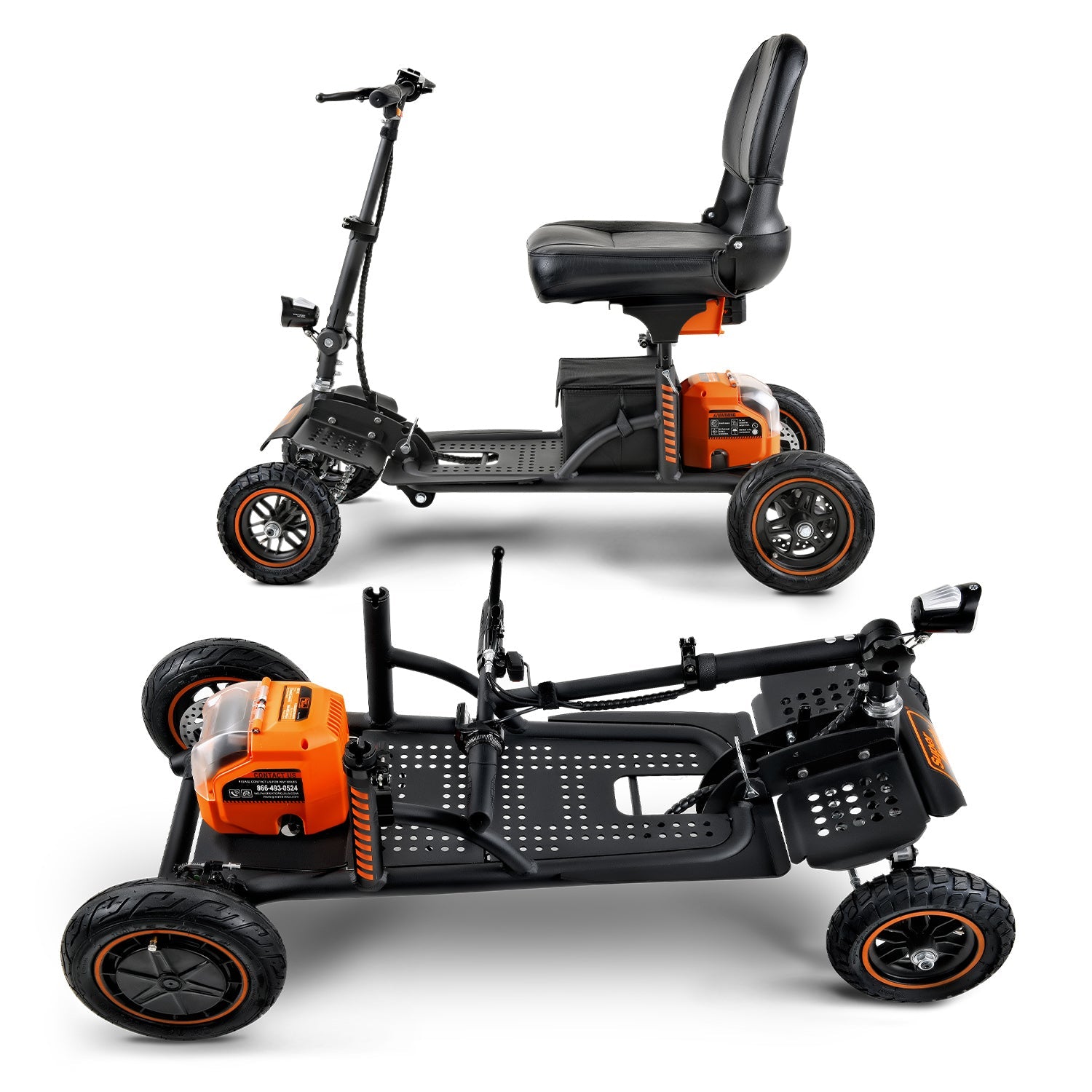
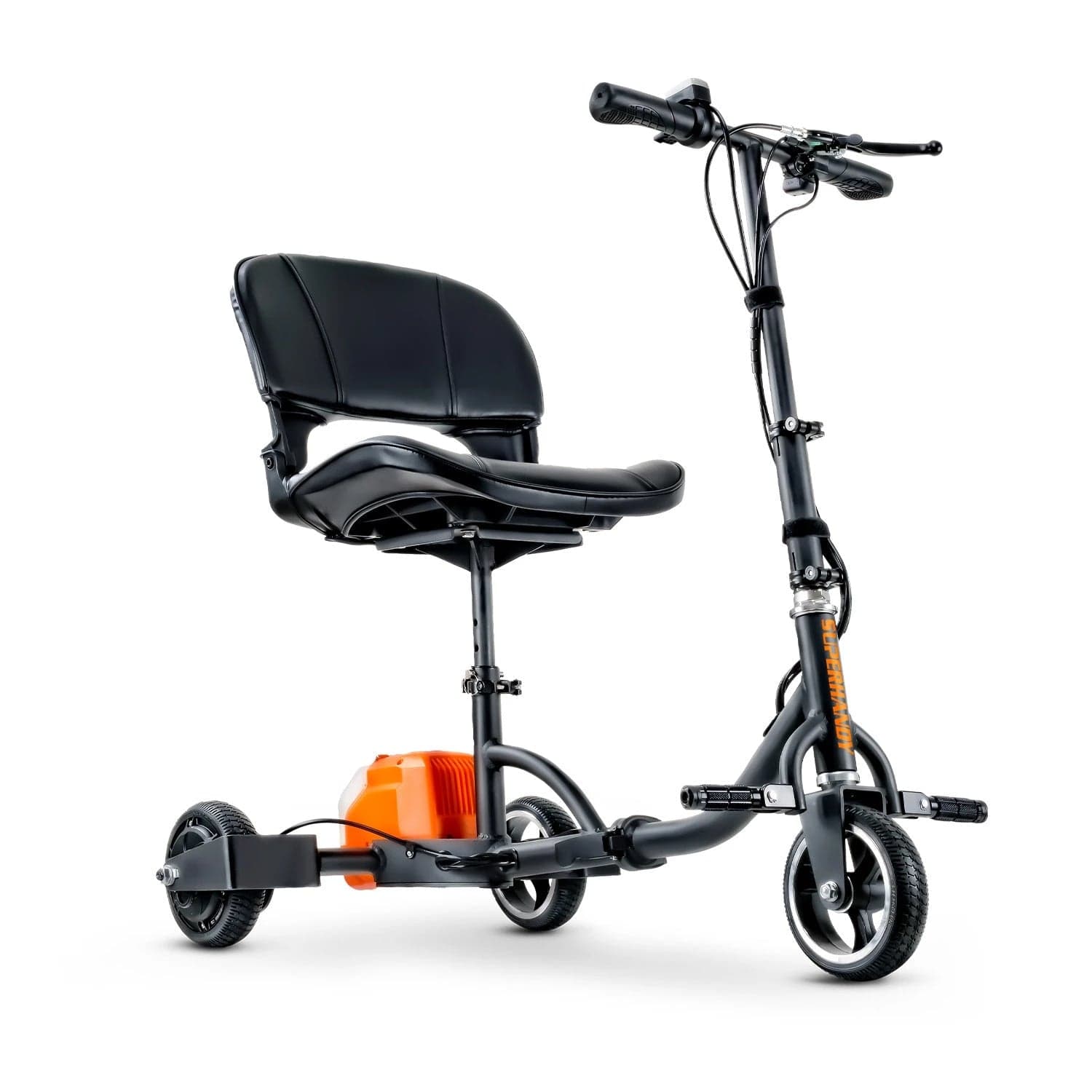
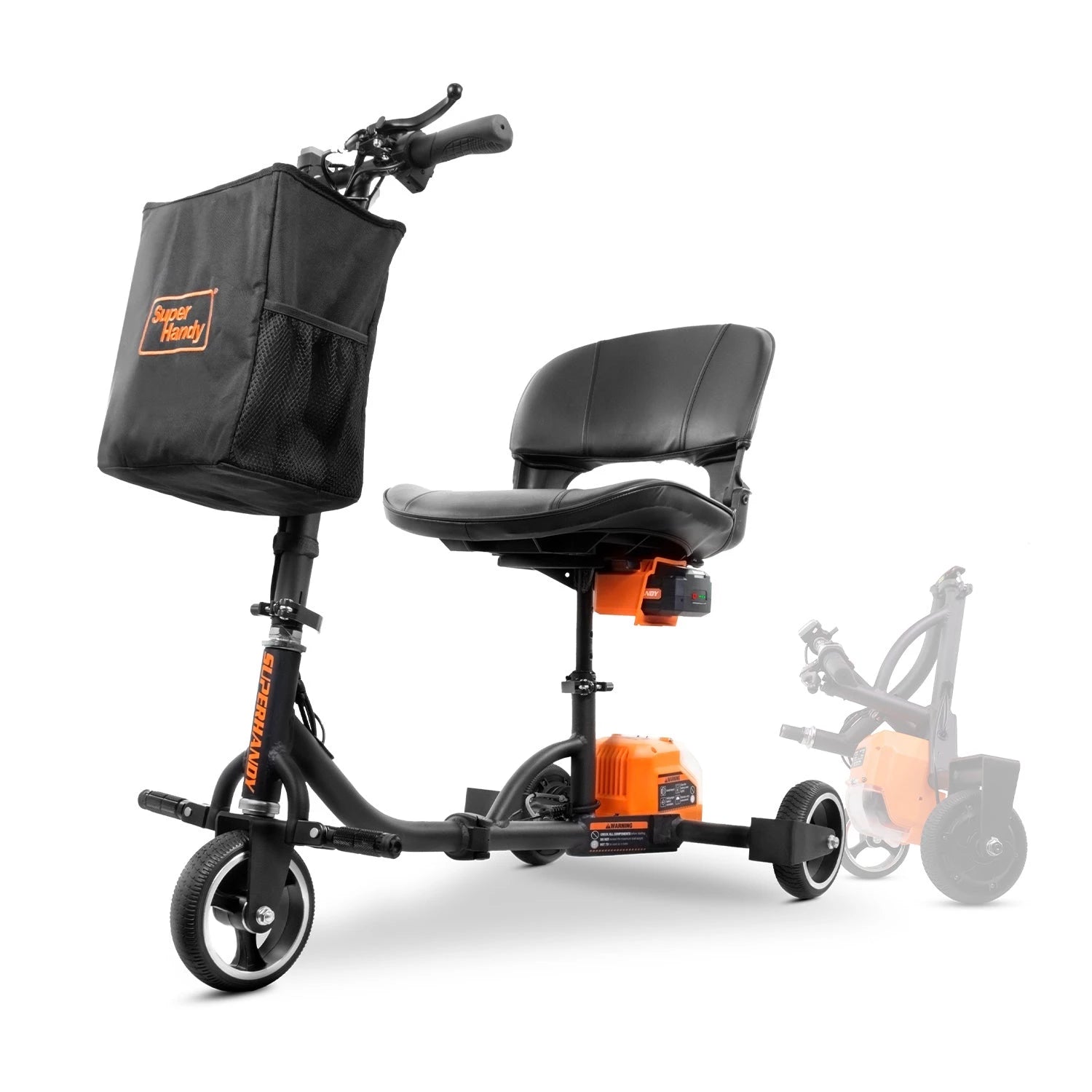
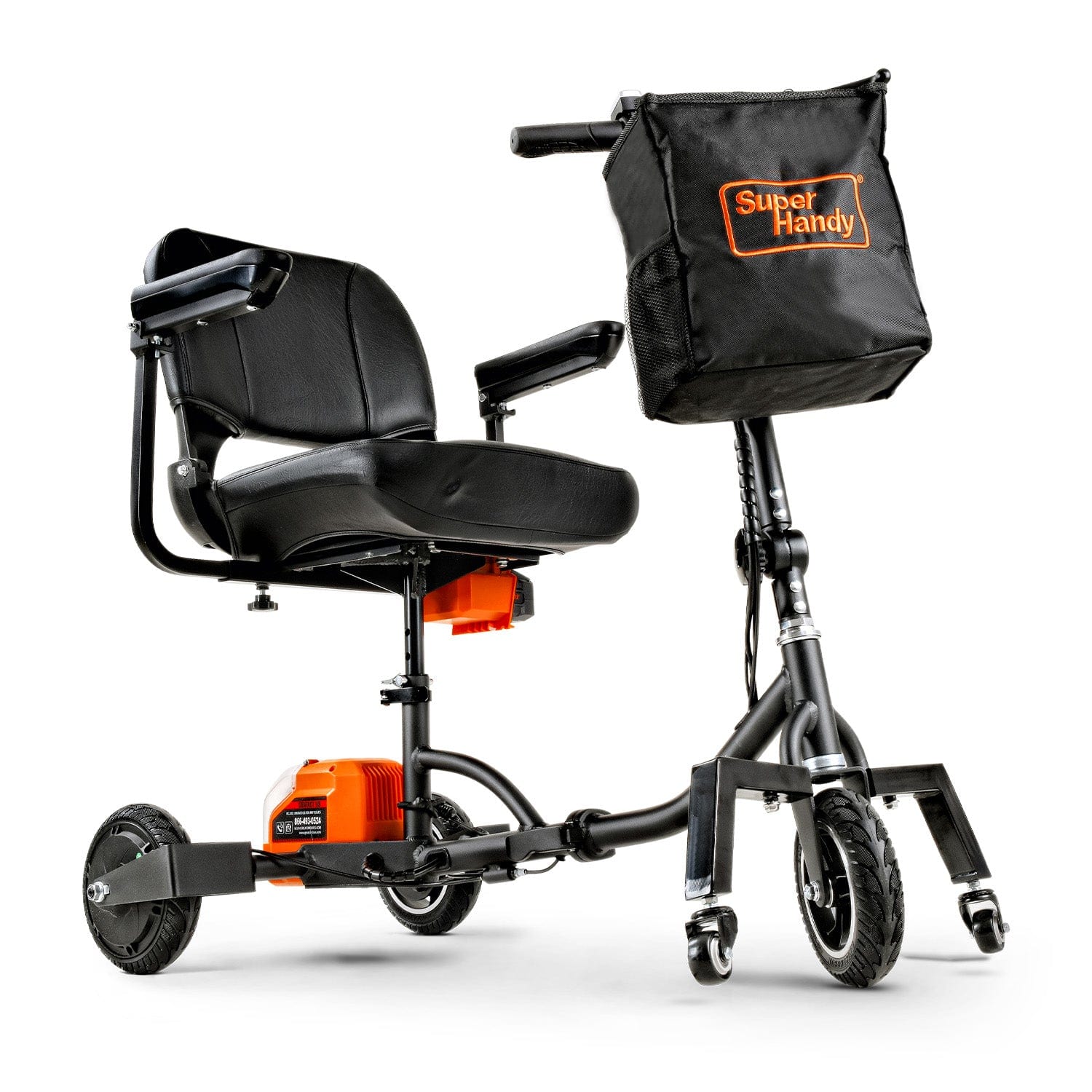
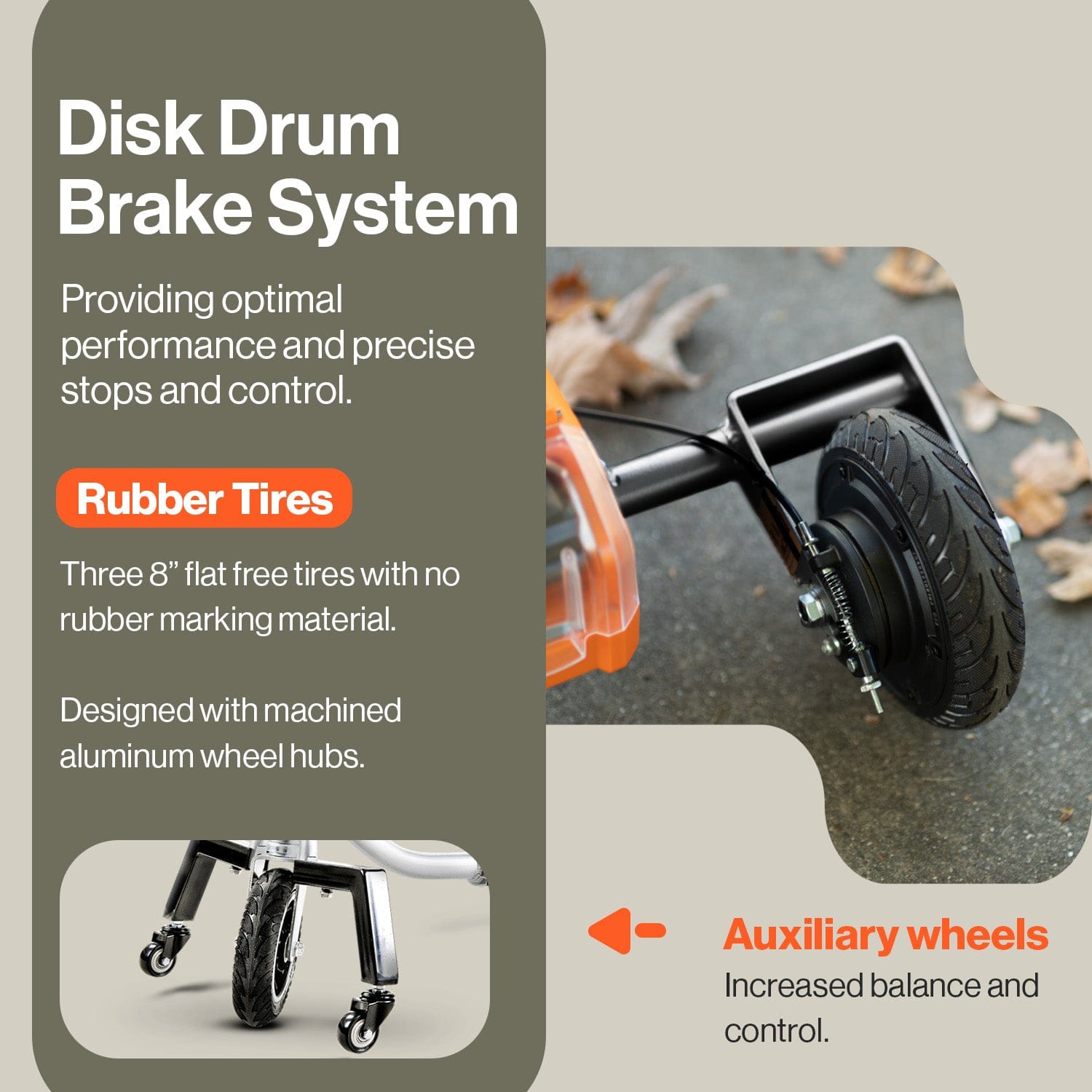
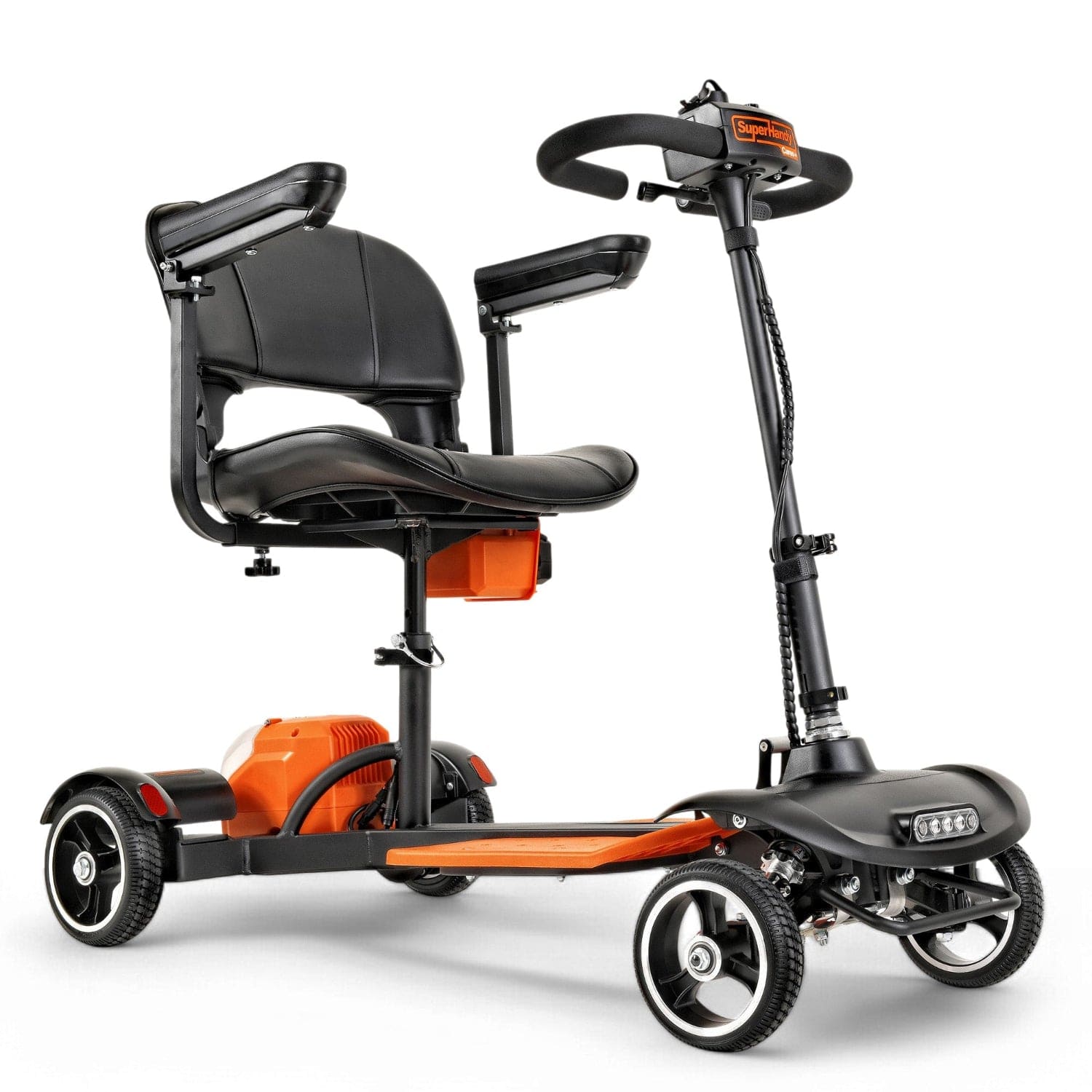
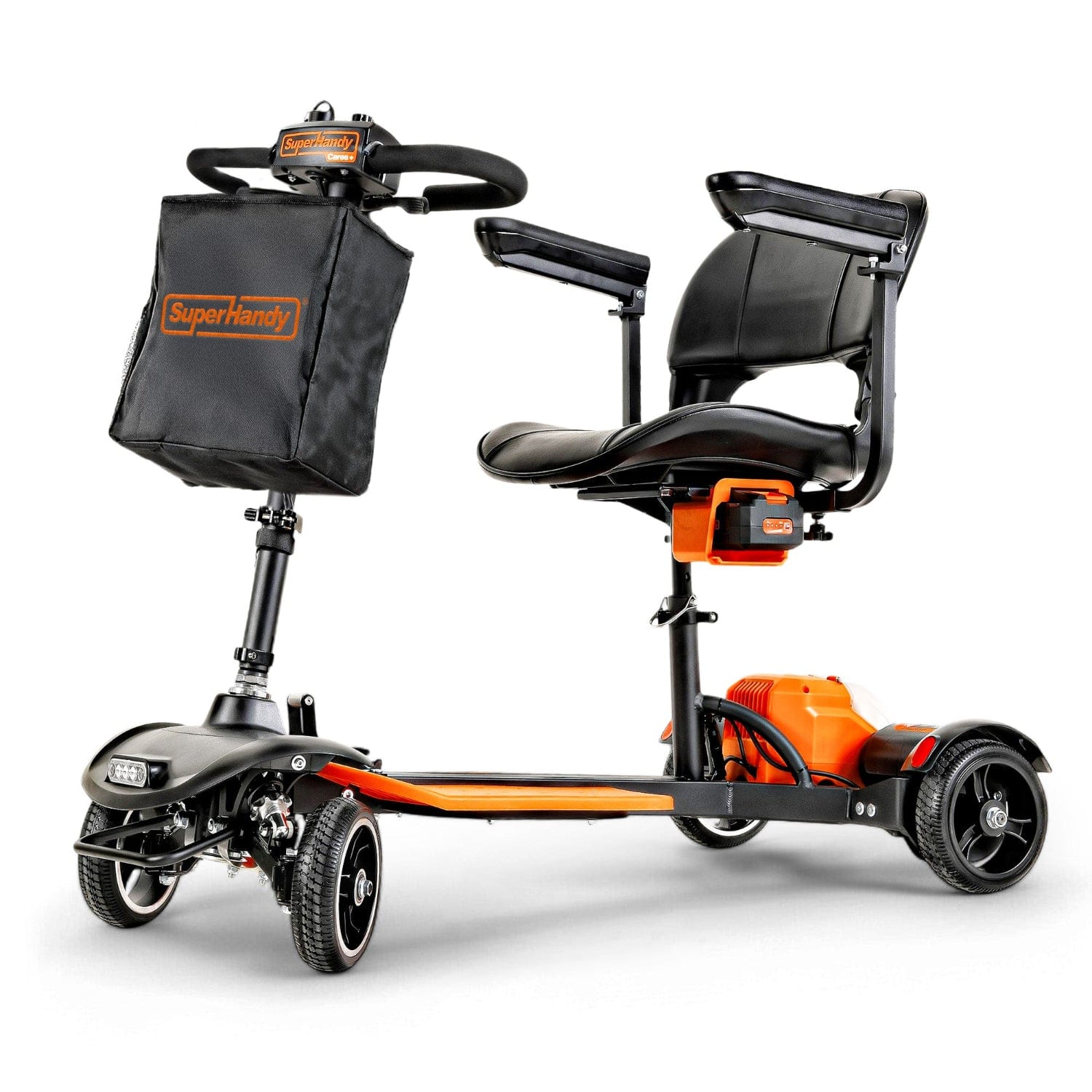
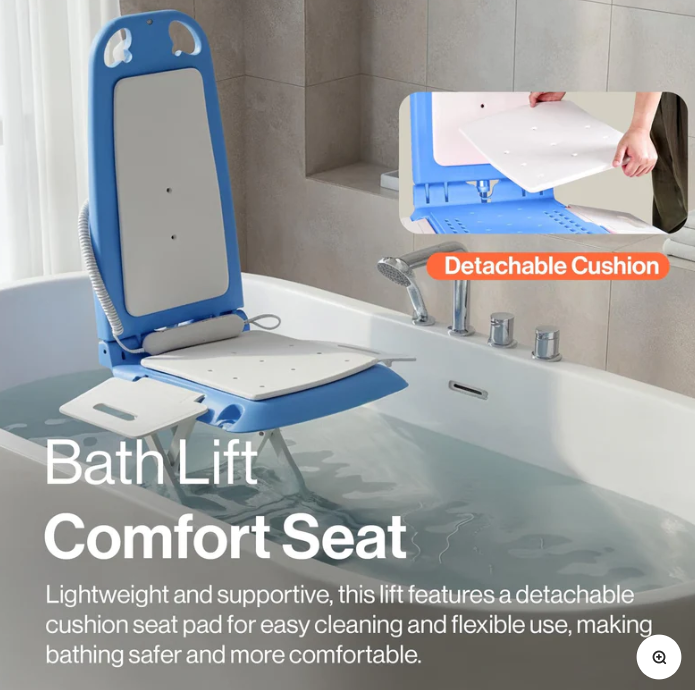
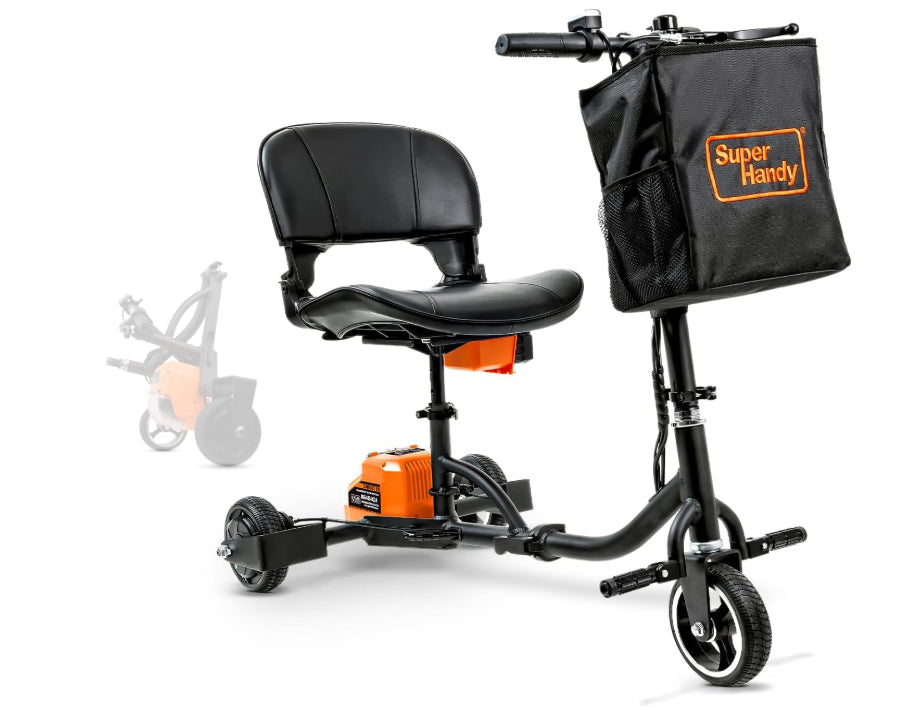
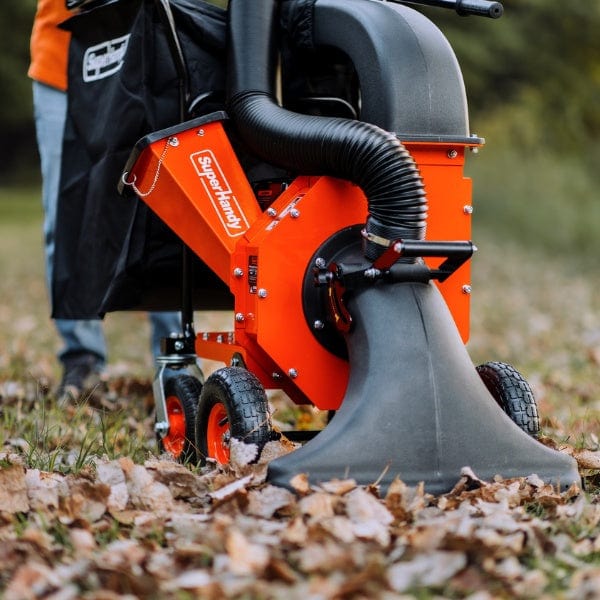
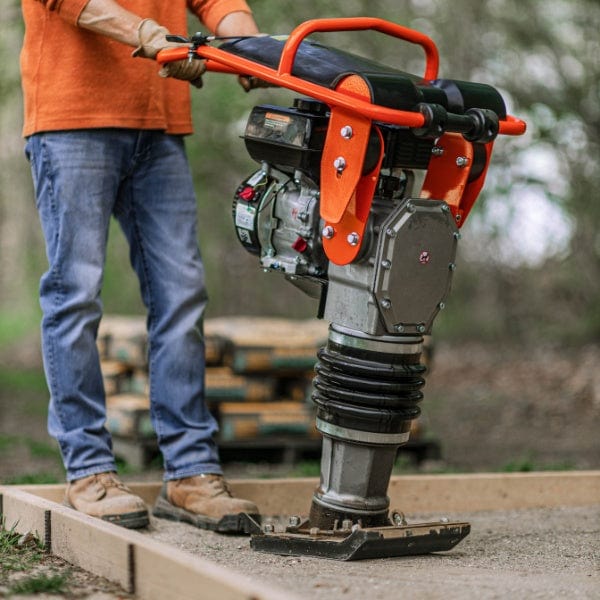
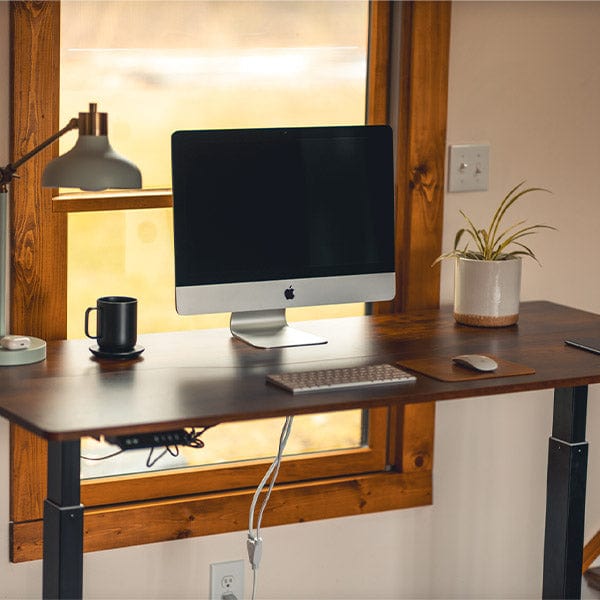
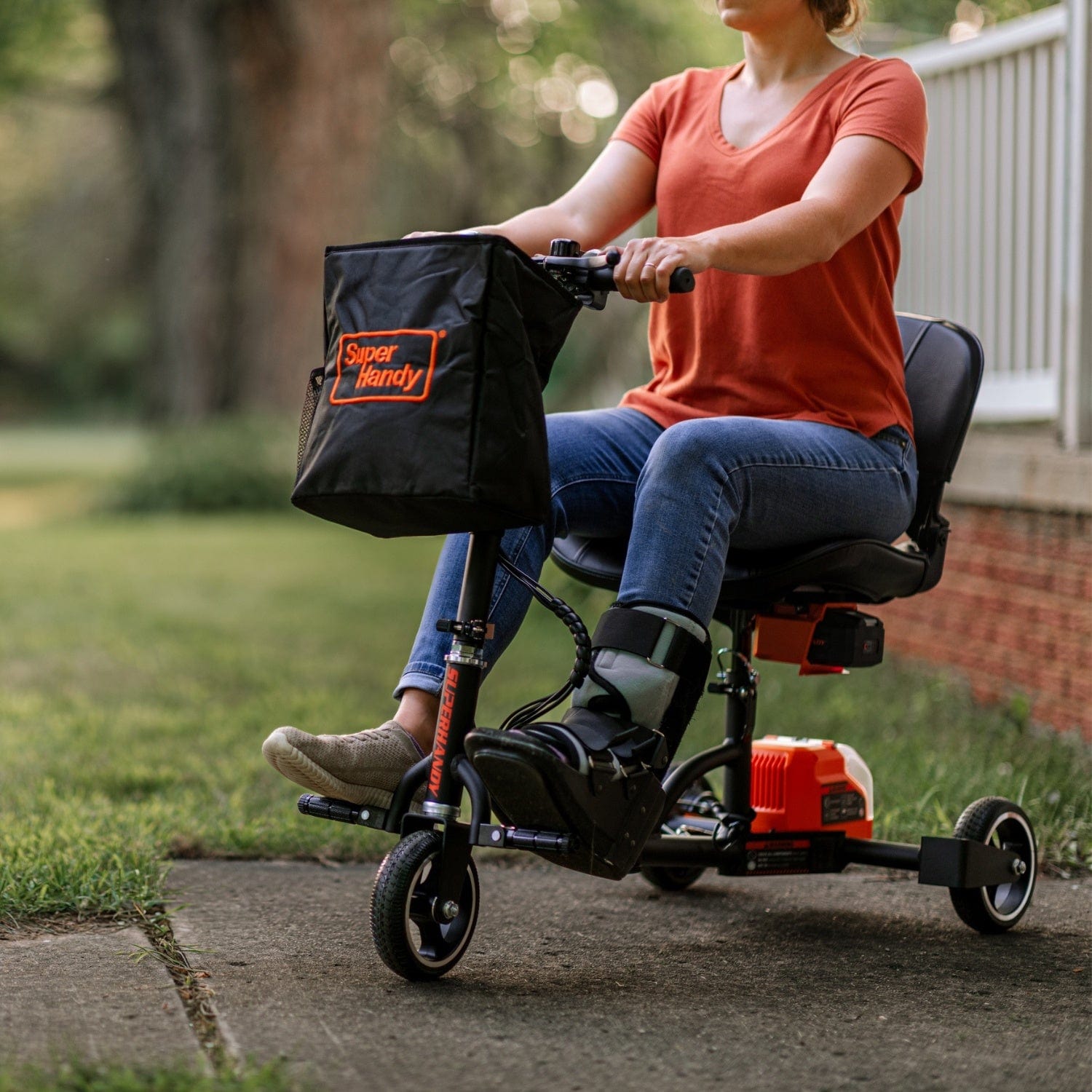
Leave a comment
All comments are moderated before being published.
This site is protected by hCaptcha and the hCaptcha Privacy Policy and Terms of Service apply.